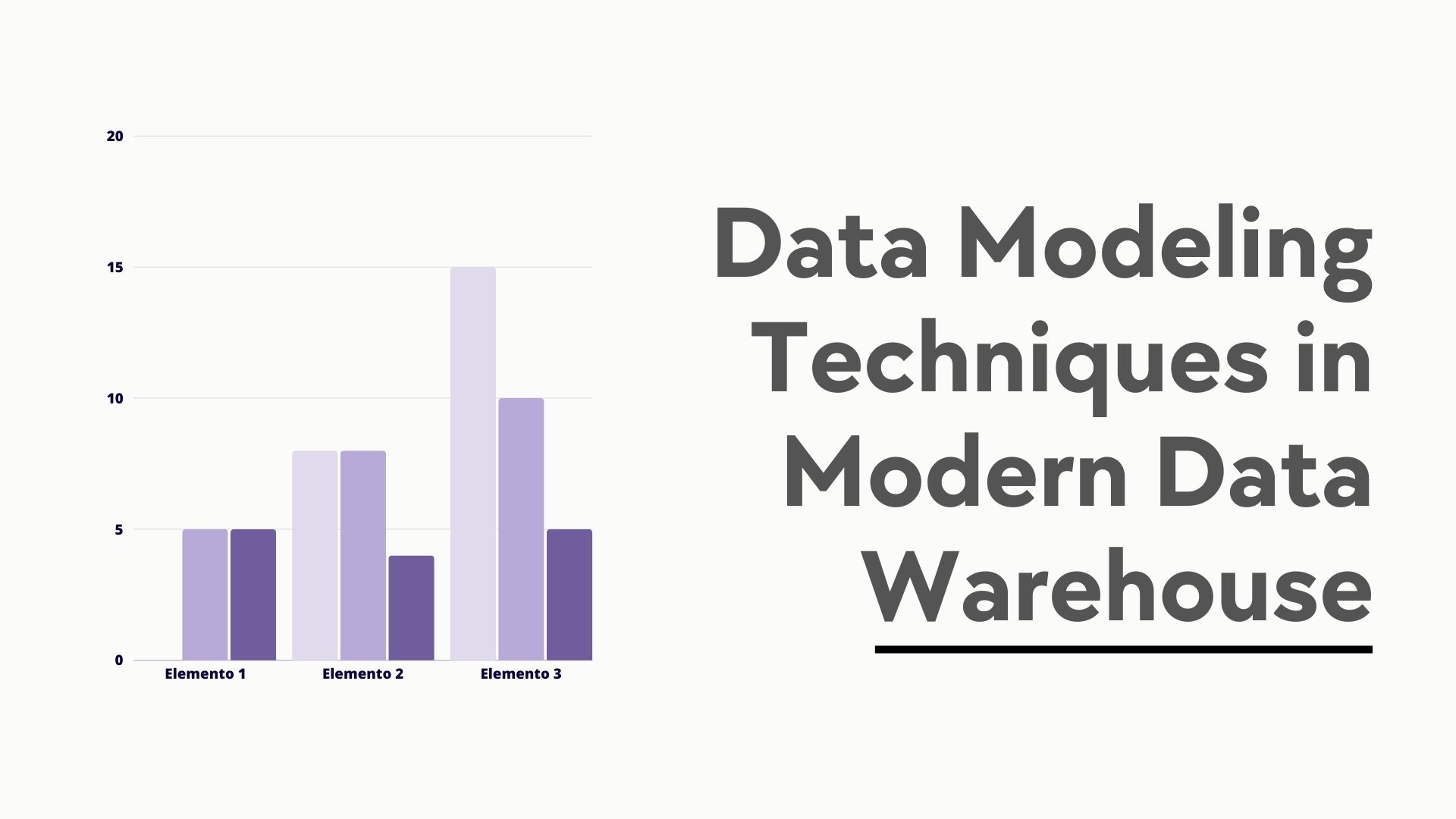 Brand Mentions + PR – Rank Higher. Get Talked About!
Brand Mentions + PR – Rank Higher. Get Talked About!
Exploring the Data Landscape: Essential Skills for Tomorrow's Data Analysts
Written by Sanjeet Singh » Updated on: June 17th, 2025

The world is drowning in data. From social media feeds to scientific experiments, organisations are generating unprecedented volumes of information. This data deluge presents both challenges and opportunities, and those who can harness its power will be in high demand. Data analysts play a crucial role in extracting insights from this raw material, transforming it into actionable intelligence.
What is a Data Analyst?
A data analyst is a professional who collects, cleans, analyzes, and interprets data to discover patterns, trends, and insights. They use statistical techniques and data visualization tools to communicate findings to stakeholders, helping them make informed decisions.
Why are Data Analysts in Demand?
The rise of big data has created a surge in demand for data analysts. Businesses across industries are recognizing the value of data-driven decision-making. Data analysts can help:
- Improve efficiency: By identifying bottlenecks and optimizing processes.
- Enhance customer satisfaction: By understanding customer preferences and behaviors.
- Drive innovation: By discovering new opportunities and trends.
- Reduce costs: By identifying areas for cost-cutting.
Essential Skills for Data Analysts
1. Statistical Knowledge:
- Descriptive statistics: Summarising and describing data.
- Inferential statistics: Drawing conclusions from sample data.
- Hypothesis testing: Evaluating claims about populations.
- Regression analysis: Modeling relationships between variables.
2. Programming Proficiency:
- SQL: Querying and manipulating databases.
- Python: A versatile language for data analysis, machine learning, and data visualization.
- R: A statistical computing environment with powerful data analysis tools.
3. Data Cleaning and Preparation:
- Identifying and handling missing values.
- Dealing with outliers and anomalies.
- Formatting data consistently.
- Transforming data into a suitable format for analysis.
4. Data Visualization:
- Creating clear and informative charts, graphs, and dashboards.
- Choosing appropriate visualization techniques for different types of data.
- Telling a story with data.
5. Problem-Solving and Critical Thinking:
- Breaking down complex problems into smaller, manageable steps.
- Analyzing data from multiple perspectives.
- Evaluating the validity and reliability of data.
6. Communication and Storytelling:
- Effectively communicating findings to both technical and non-technical audiences.
- Presenting complex concepts in a clear and concise manner.
- Telling a compelling story with data.
7. Domain Knowledge:
- Understanding the industry or domain in which they are working.
- Applying their analytical skills to specific business problems.
Tools and Technologies for Data Analysts
Data analysts use a variety of tools and technologies to perform their tasks. Some of the most popular include:
- Data visualization: Tableau, Power BI, Plotly
- Statistical analysis: SPSS, SAS, Minitab
- Programming languages: Python, R, SQL
- Cloud platforms: AWS, Azure, GCP
- Data warehousing and data lakes: Snowflake, Databricks
Career Paths for Data Analysts
Data analysts can pursue various career paths, depending on their interests and experience. Some common roles include:
- Business analyst: Analyzing business processes and identifying areas for improvement.
- Data scientist: Applying advanced statistical techniques and machine learning to solve complex problems.
- Data engineer: Designing and building data pipelines and infrastructure.
- Analytics consultant: Providing data-driven insights to clients.
The Future of Data Analysis
The field of data analysis is rapidly evolving. As the volume and complexity of data continue to grow, data analysts will need to adapt to new technologies and techniques. Some emerging trends include:
- Artificial intelligence and machine learning: Automating data analysis tasks and discovering patterns that humans might miss.
- Natural language processing: Analyzing unstructured text data, such as social media posts and customer reviews.
- Internet of Things (IoT): Analyzing data from connected devices to gain insights into physical environments.
- Ethical data analysis: Ensuring that data is used responsibly and ethically.
In the End
As we delve deeper into an increasingly data-driven world, the role of data analysts will continue to grow in importance. Those seeking comprehensive knowledge may find data analytics training institute in Delhi, Noida, Pune and other Indian cities particularly beneficial. By cultivating a blend of data literacy, statistical knowledge, technical skills, critical thinking, domain expertise, ethical awareness, and a commitment to continuous learning, aspiring data analysts can equip themselves for the challenges and opportunities ahead. Embrace these essential skills, and you will be well-prepared to navigate the evolving data landscape of tomorrow.
Note: IndiBlogHub features both user-submitted and editorial content. We do not verify third-party contributions. Read our Disclaimer and Privacy Policyfor details.
Copyright © 2019-2025 IndiBlogHub.com. All rights reserved. Hosted on DigitalOcean for fast, reliable performance.













